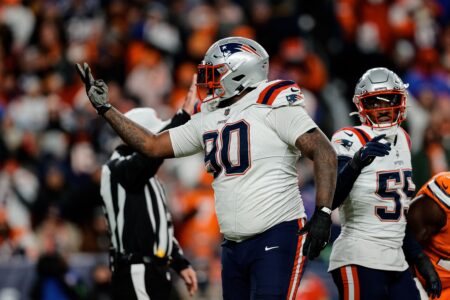Understood, but I was referring to the group as a whole as opposed to them individually. Also, as I noted, Mayo was a drop, but still a top 10 pick. I thought that needed to be singled out specifically for that.
Statistically, you're more likely to hit on a monster talent when you're drafting higher. Statistically, your 1st round picks will become starters more often than your second round picks, etc...
Trading down is a move to increase picks, but it does so at the cost of decreasing the likelihood of getting a monster talent.
I was looking for these statistics, and I couldn't pull up the site I normally start with, so I did a google search. This guy's just a bleacherreport writer, but he claims to have the stats:
2010 NFL Draft: Does Trading for Draft Picks Make Sense? Ask Jerome Bettis | Bleacher Report
* Hey, on a tangent, as opposed to being directly in response to your post.... I found something that might interest you. It's from 2007, but it breaks down first round draft success by position (on the field, not draft position). Enjoy and, if you've seen it before, my apologies for wasting your time.
Kluck: Wrapping up the draft - ESPN Page 2

















